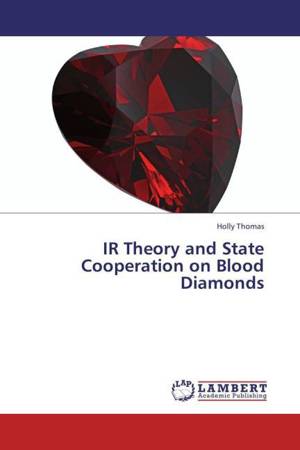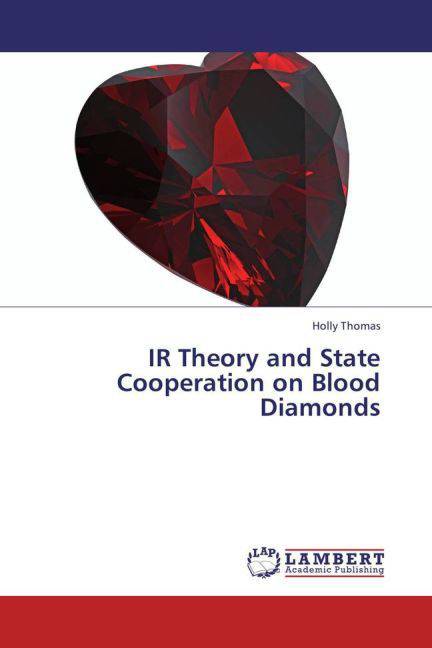
Bedankt voor het vertrouwen het afgelopen jaar! Om jou te bedanken bieden we GRATIS verzending (in België) aan op alles gedurende de hele maand januari.
- Afhalen na 1 uur in een winkel met voorraad
- In januari gratis thuislevering in België
- Ruim aanbod met 7 miljoen producten
Bedankt voor het vertrouwen het afgelopen jaar! Om jou te bedanken bieden we GRATIS verzending (in België) aan op alles gedurende de hele maand januari.
- Afhalen na 1 uur in een winkel met voorraad
- In januari gratis thuislevering in België
- Ruim aanbod met 7 miljoen producten
Zoeken
€ 65,45
+ 130 punten
Omschrijving
Blood diamonds, or conflict diamonds, have funded rebel movements and terrorist organizations worldwide. Bloodshed over these diamonds, the conflicts they prolonged, and the horrific human rights violations associated with the competition for this natural resource, resulted in an international effort to regulate rough diamonds, and has become an issue for states, institutions, NGOs, media, and the public. Forums were held in 2001, known as the Kimberley Process, to discuss the threat of blood diamonds. With the United Nations support, state and non-state actors devised the Kimberley Process Certification Scheme, a non-binding agreement to stop the import and export of conflict diamonds. This book examines the utility of four International Relations theories to help explain the existing cooperation of governments, industry, and civil society to address this problem.
Specificaties
Betrokkenen
- Auteur(s):
- Uitgeverij:
Inhoud
- Aantal bladzijden:
- 108
- Taal:
- Engels
Eigenschappen
- Productcode (EAN):
- 9783659321948
- Verschijningsdatum:
- 4/02/2013
- Uitvoering:
- Paperback
- Afmetingen:
- 150 mm x 220 mm
- Gewicht:
- 174 g

Alleen bij Standaard Boekhandel
+ 130 punten op je klantenkaart van Standaard Boekhandel
Beoordelingen
We publiceren alleen reviews die voldoen aan de voorwaarden voor reviews. Bekijk onze voorwaarden voor reviews.









